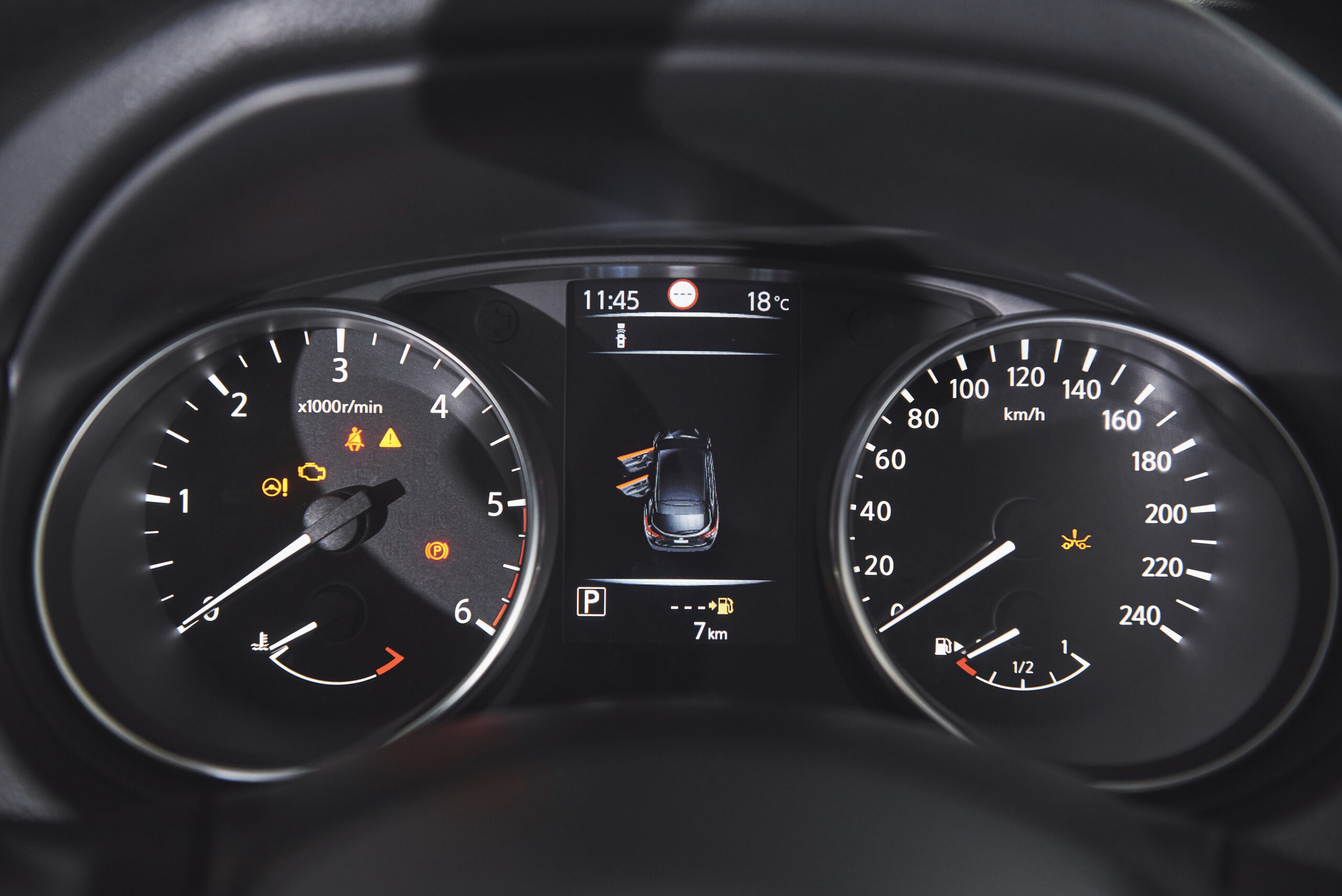Adaptable steering systems have become increasingly common in modern vehicles, offering enhanced control and maneuverability. These systems use sensors and actuators to adjust the steering response based on driving conditions and driver inputs. However, there may be instances when an adaptable steering warning light appears on the dashboard, indicating a problem with the system. In this article, we will explore the causes behind adaptable steering warning lights and provide some potential fixes to address these issues.
Causes of Adaptable Steering Warning Lights:
- Sensor Malfunction: Adaptable steering systems rely on various sensors to gather information about vehicle speed, steering angle, and other relevant parameters. If a sensor malfunctions or fails, it can trigger the adaptable steering warning light. Common causes of sensor issues include wiring problems, sensor damage, or sensor calibration errors.
- Actuator Failure: The actuator in the adaptable steering system is responsible for adjusting the steering response. If the actuator malfunctions or fails, it can result in the warning light illuminating. Actuator issues may be due to mechanical failures, electrical problems, or software glitches.
- Power Supply Problems: Adaptable steering systems require a stable power supply to function correctly. If there is a voltage drop or an interruption in the power supply, it can lead to warning lights. Power supply issues may arise from faulty connections, a weak battery, or alternator problems.
- Faulty Control Module: The control module acts as the brain of the adaptable steering system, interpreting sensor data and sending signals to the actuator. If the control module develops a fault or encounters a software issue, it can cause the warning light to illuminate.
Fixes for Adaptable Steering Warning Lights:
- Check the Connections: Start by inspecting the wiring and connections related to the adaptable steering system. Look for loose or damaged connections and ensure they are securely fastened. If any issues are found, repair or replace the affected components as necessary.
- Perform Sensor Calibration: Some adaptable steering systems require sensor calibration to ensure accurate readings. Consult your vehicle’s owner’s manual or seek professional assistance to perform sensor calibration if applicable.
- Battery and Power Supply: Check the battery voltage and ensure it is within the recommended range. A weak or faulty battery can cause voltage fluctuations that affect the adaptable steering system. If necessary, have the battery tested or replaced. Additionally, inspect the alternator to ensure it is functioning correctly and providing sufficient power to the system.
- Reset the Control Module: In some cases, a simple reset of the control module may resolve the issue. Disconnect the battery for a few minutes, then reconnect it to reset the system. This can clear any temporary glitches or software errors.
- Seek Professional Assistance: If the warning light persists or if you are unable to identify and fix the problem on your own, it is advisable to seek the help of a qualified mechanic or dealership. They have the expertise and diagnostic tools to identify and resolve more complex issues with the adaptable steering system.
Remember, the adaptable steering system is an important component of your vehicle’s steering and handling. Promptly addressing any warning lights will help ensure your safety on the road and prevent further damage to the system. By following the potential fixes mentioned above and seeking professional help when needed, you can address adaptable steering warning lights and restore the proper functionality of your vehicle’s steering system.











